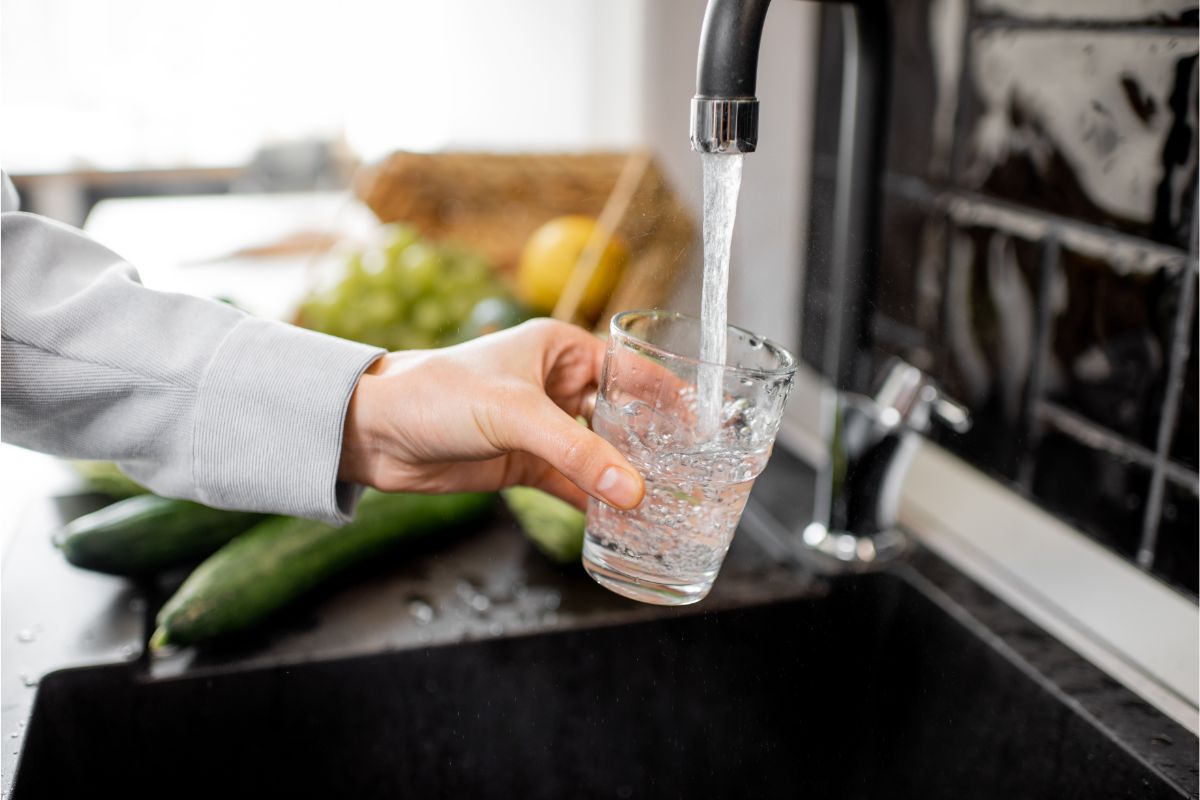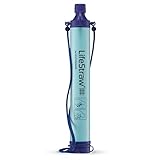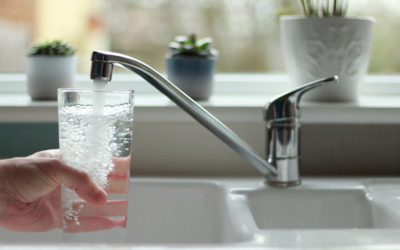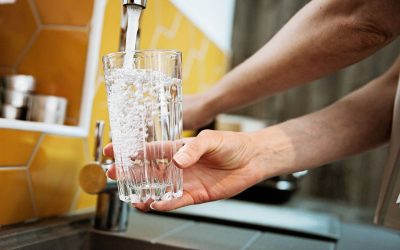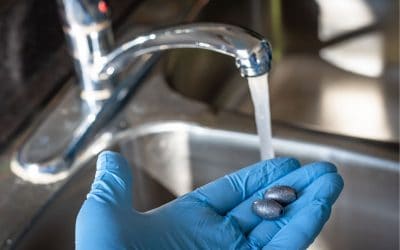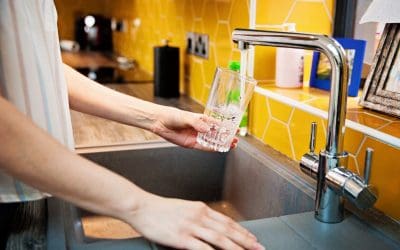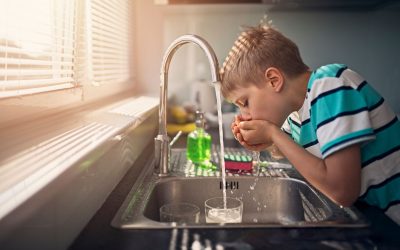The water in Los Angeles has always been something of a debate. It has not always been clear whether LA tap water is safe for consumption, and it has not always been true, either.
Most places in the US and Europe have safe drinking water, but this has only been a thing of the past 10 to 15 years.
Los Angeles is renowned for having a dirty water supply, and this is why a lot of people will drink bottled water and install water filters in LA homes.
Bottled water is sold here more than anything else, as it is super hot, too. In this article, we are going to be talking about the tap water in LA, and determining whether it is safe to drink.
Contents
What makes tap water unsafe to drink?
Tap water is filtered through an industrial process, inevitably involving some filtering chemicals. Some water is not filtered to the same extent, meaning there may be bacterial toxins and viruses in the water.
When water is properly filtered, there may be some risk of things such as pesticides and bleach, and other chemicals and contaminants that may be involved in the filtering process.
This is not gravely harmful, but it is not ideal to drink. Water is one of our lifelines, and we need it to survive. If it is properly cleaned, it could pose a risk to our health.
Chemicals are often found in groundwater sources, but these chemicals are usually filtered before it comes out of a tap.
What are some chemicals in tap water?
It is possible that tap water may be contaminated in many different ways, as this depends on the treatment process and the filtration process that the water goes through before you can drink it.
Water may be contaminated by microorganisms such as bacteria or parasites that may come from humans or animals.
There may also be small traces of chlorine, pesticides, water softening chemicals, fluoride, heavy metals, and arsenic. If there are any harmful chemicals or bacteria within water, a small amount will not hurt you.
If your LA tap water tastes weird, with a metallic or sulfuric taste, it could mean that there are contaminants within the water. If your water is brown or cloudy, this is an even bigger sign that your water may not be filtered properly.
How is tap water filtered?
Before our tap water becomes drinkable, it goes through a few processes. These processes are called coagulation, sedimentation, filtration, and disinfection.
Chemicals are added to the water during the coagulation process, dissolving any large particles. Then, the sediments are heavy, so they will sink to the bottom of the filtration tank.
Then, the clear water that is on top, goes through filters. These filters consist of sand, rocks, and charcoal, to remove any small particles and bacteria such as viruses and chemicals.
Then, the disinfection process involves the addition of chlorine. This will kill any remaining contaminants or viruses within the water. Fluoride will then be added, preventing dental issues. As you can see, this is quite a large process.
Are lead pipes still used?
Lead pipes are still used in certain states in the US, increasing the risk of contamination and health concerns when drinking tap water.
Old water pipes were once made of lead, and this could leak into the freshwater supply. Lead can actually cause developmental and behavioral problems, especially in children. Ingesting lead is responsible for the depletion of IQ levels, as well as stinting growth.
Lead pipes should be replaced, but this is expensive and hard work. Instead, cities and states will add phosphate to the water supply, separating the lead contaminants from the fresh water. You may remember the water crisis in Flint, Michigan.
This was caused by a failure to add phosphates to the water, giving a highly dangerous and corrosive water source when they switched sources. The river that they switched to, had a bad water quality and supply, hence why a lot of people became unwell.
Is there lead in the tap water of LA?
It is estimated that in 90% of samples taken from the Los Angeles water supply, less than 0.005 mg of lead was found.
This is great, but it did mean that more lead was found in the remaining 10%. This is fine, because this means that there is a tiny and non-harmful amount of lead within the water.
The lead levels in the city differ depending on the part it is taken from, and you may have lead pipes if you live in an older part of the city.
However, even exposure to tiny amounts of lead over the years can have negative effects on your health. Check whether your pipes are made of lead in your area.
Is LA tap water safe?
Yes, the water in LA is pretty safe to drink from the tap. There are no active health issues or violations in the city, and it is likely that there are very low levels of pollutants in the water.
The water needs to meet the EPA health guidelines, and if it does not, it will be an issue for the city.
When Los Angeles tap water was tested in 2020, it was found it was acceptable, with only small traces of contaminants. This is not zero contaminants, so it could contain tiny amounts of lead, copper, and chemicals.
The rules around water contamination with arsenic are being reviewed, with the goal for all water to be free of arsenic. Check out some city reports about tap water.
### Recent Concerns Los Angeles, CA Tap Water Quality
Recent concerns about tap water quality in Los Angeles, CA, have heightened due to reports of contamination and infrastructure issues. In early 2023, elevated levels of lead were detected in several neighborhoods, prompting widespread public health alerts. The affected areas include parts of South Los Angeles and Boyle Heights, where aging pipelines have been identified as a significant source of lead leaching into the water supply. Additionally, traces of PFAS (per- and polyfluoroalkyl substances), often referred to as "forever chemicals," were found in water samples from the San Fernando Valley region, raising alarms due to their potential health risks.
In response to these findings, the Los Angeles Department of Water and Power (LADWP) has initiated comprehensive testing and remediation efforts. The agency is working to replace old pipelines and enhance filtration systems to ensure compliance with state and federal water quality standards. Public awareness campaigns have also been launched to educate residents on the risks and safety measures regarding their tap water.
To further address these concerns, local authorities are collaborating with the Environmental Protection Agency (EPA) to monitor the situation and implement long-term solutions. Residents are encouraged to use water filters certified to remove lead and PFAS and to stay informed about updates from official channels.
Los Angeles residents warned after tests find elevated lead levels in drinking water
https://www.latimes.com/environment/story/2023-02-15/la-residents-warned-elevated-lead-levels-drinking-water
Toxic 'forever chemicals' found in Los Angeles tap water, report warns
https://www.nbcnews.com/environment/environment-news/toxic-forever-chemicals-found-los-angeles-tap-water-report-warns-rcna70239
LA County expands efforts to remove lead from water as contamination concerns grow
https://abc7.com/la-county-lead-water-contamination-los-angeles/13124401/
Final Thoughts
So, Los Angeles tap water is safe to drink, but it does not mean it is contaminant-free. This will not harm you, but after a while, you may have some minor health effects.
Consider investing in a faucet or tap filtration device, to prevent any unwanted chemicals. Thanks for reading!
